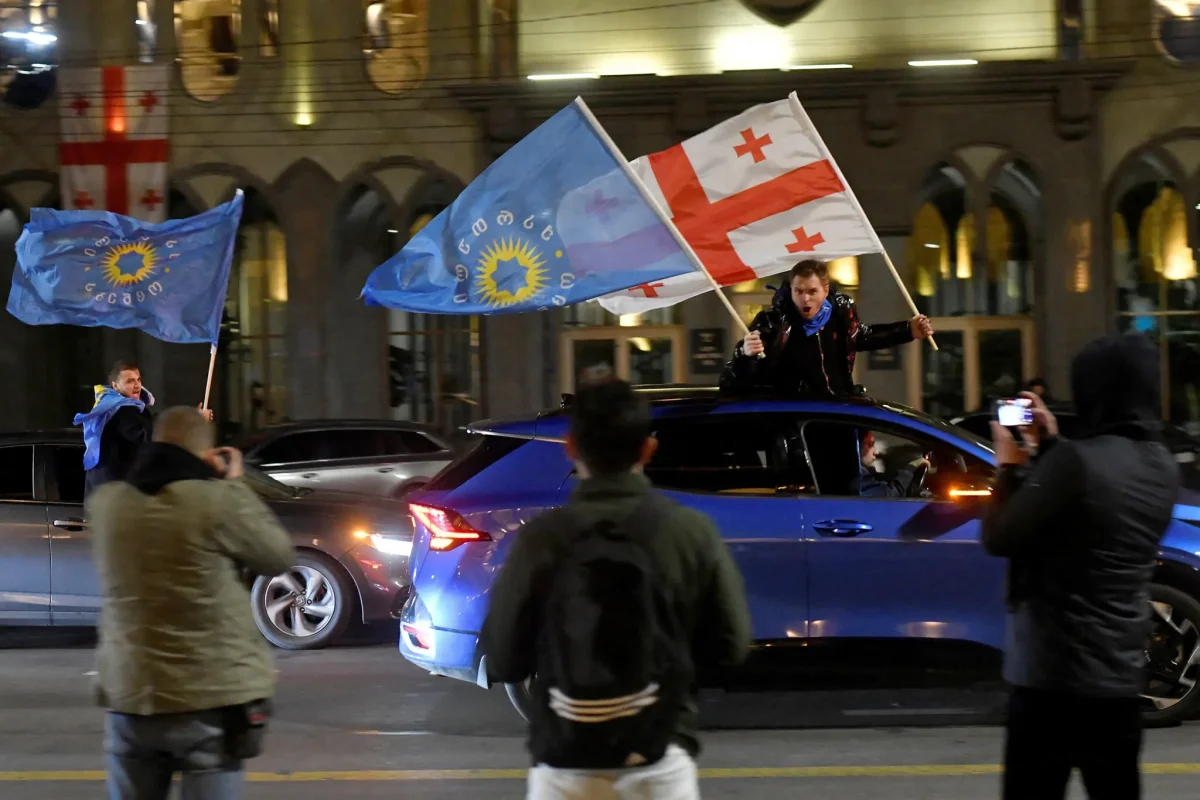The landmark Supreme Court decision Roe v. Wade was overturned on June 24, 2022, declaring that the right to an abortion would no longer be upheld by the federal government. The decision came after leaked draft opinion in May, which outlined the possibility of the overturning.
Abortion rights have been a contentious issue in U.S. politics for years, as many states had restricted abortion access prior to the overturning of Roe v. Wade. Some Americans, such as Supreme Court Justice Samuel Alito, believe that Roe v. Wade was unconstitutional and that it should be up to individual states to make abortion decisions. However, an overwhelming 62% of Americans support the legalization of abortion, according to a survey by the Pew Research Center.
Trigger laws, defined as legislation designed to go into effect immediately after the reversal of Roe v. Wade, have been implemented in 13 states, primarily in the south and the midwest. Many of these states have now completely banned abortions, making receiving or providing an abortion a punishable offense.
Additional states like Nebraska and Arizona are in the process of implementing abortion bans. Michigan and South Carolina are part of a small number of states where bans have been blocked by state Supreme Courts.
Restricting abortion access has proved to have negative impacts on the health and quality of life of women and girls across the nation. These effects are mainly experienced by women of color, LGBTQ+ communities and people living in low-income parts of the country.
In D.C. and many majority Democratic states, abortion remains legal. Yet the overturning of Roe v. Wade has still affected WIS students and their plans for the future.
Senior Isabel Restrepo was not surprised by the overturning because of the initial leak, yet she fears the effects it will have throughout the country. “Many states are taking advantage of the overturning of Roe v. Wade, very clearly impacting the lives of so many people,” she said. “It’s horrific to watch.”
Senior Luana Dos Santos feels as though Roe v. Wade is proof that the state of women’s rights in the U.S. is not improving. “It really does show that we are going back in time, because instead of making progress, it feels like we’re just moving backward,” she said.
After learning about the Supreme Court decision, Restrepo looked over the list of colleges she was applying to and highlighted those in states where abortion is banned or restricted. “That’s definitely become a factor in my college decision making that I didn’t expect to be there before,” she said. “When I was originally choosing my schools before the overturning of Roe v. Wade happened, I wasn’t really thinking about reproductive rights.”
Restrepo emphasizes that the overturning will change the college experience for many students, restricting their access to both abortion and contraceptives.
Roe v. Wade has also changed Dos Santos’ application process, as she’s no longer considering certain schools in states where abortion is restricted. “I was going to apply to [a school] in Texas, but now seeing how strict the abortion rules are in Texas, I just don’t really think that it’s somewhere I would want to be anymore,” she said.
Similarly, abortion access is an important factor in where Dos Santos plans to live in the future. “Knowing that there’s certain rights that I wouldn’t have is just something that I don’t really want to have to deal with,” she said. “It’s honestly really sad for people that don’t even have the option of leaving.”
Restrepo was initially worried about how abortion would be legislated in D.C., given that is not a state. “Most major policy decisions made in D.C. are made by the federal government,” she said. “So when Roe v. Wade got overturned, and abortion and reproductive rights [became] on the state level again, one of my first reactions was, ‘Is the D.C. local government going to be able to control this [or] is this going to be up to the federal government?’”
Dos Santos highlights that the overturning of Roe v. Wade is part of a greater problem of some men’s lack of respect for women. “People need to care about issues, regardless of whether or not [it] affects them,” she said. “And there’s just a lot of men that really don’t actually seem to show any care or interest.”
By Eliana Aemro Selassie

































































